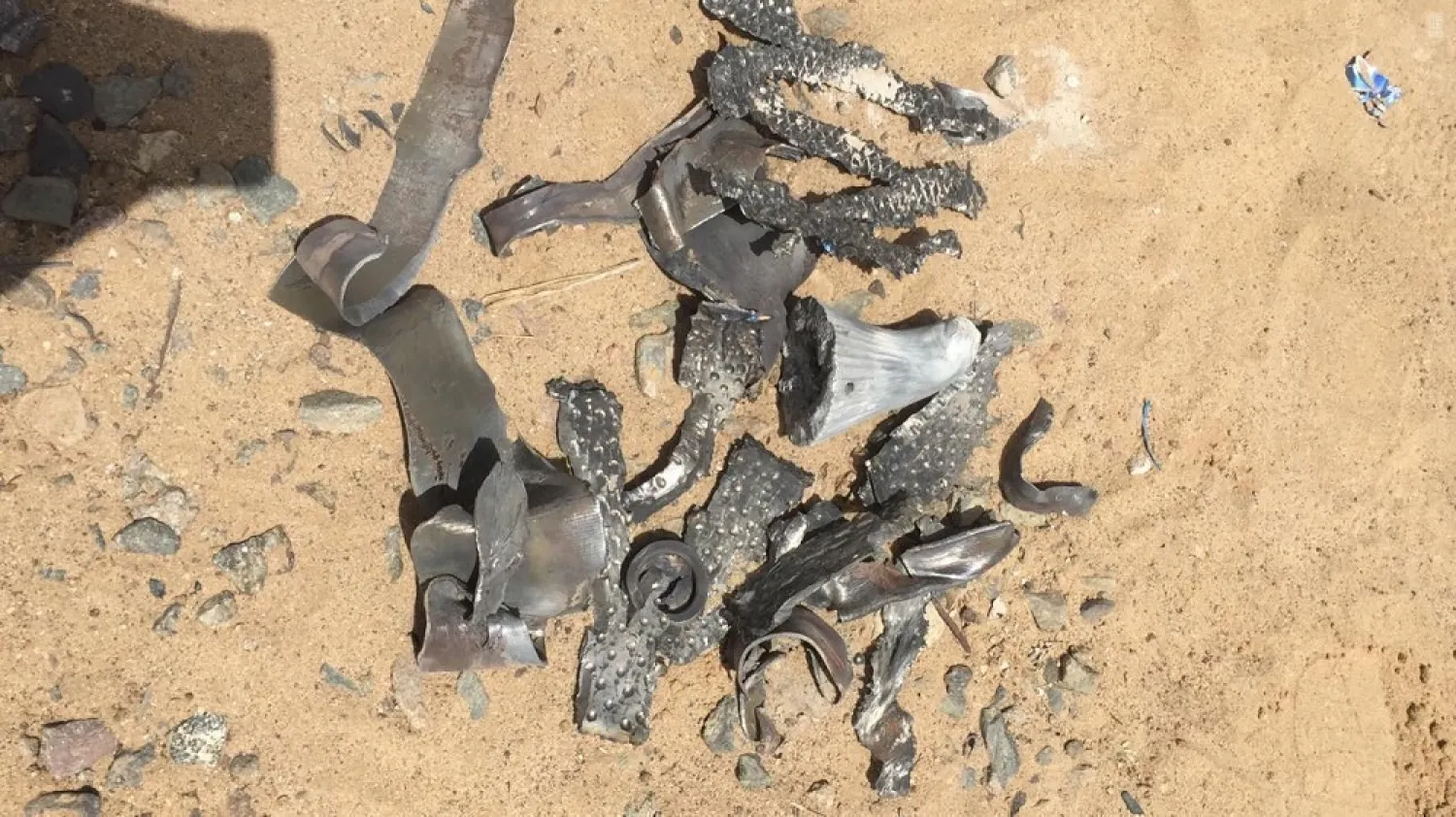The Saudi-led Arab coalition carried out on Tuesday accurate airstrikes against legitimate targets of the Iran-backed Houthi militias in Yemen.
In exclusive remarks to Asharq Al-Awsat, the coalition said the strikes targeted ballistic missile and drone sites in the Sanaa and Amran provinces.
The targets were completely destroyed, it said, stressing that the operation was in line with international humanitarian law and in response to the threats and need to protect civilians.
The operation took place in retaliation to recent failed attacks launched by the terrorist Houthis towards Saudi Arabia and that targeted civilian areas.
Earlier on Tuesday, coalition spokesman Colonel Turki al-Malki said that the alliance succeeded in intercepting and destroying a ballistic missile launched by the Houthis from Yemen’s Saada region at civilian installations in Saudi Arabia’s Najran city.
He slammed the Houthis’ continued “barbaric” targeting of civilian locations, which are protected by international humanitarian law.
He revealed that a total of 313 ballistic missiles and 357 drones launched towards Saudi Arabia have been intercepted and destroyed.
In line with international law, the coalition will take necessary and firm measures to neutralize and destroy these capabilities in order to protect innocent civilians from such reckless and barbaric acts, he vowed.
The coalition had announced on Monday the interception and downing of a booby-trapped drone by the Houthis towards Saudi Arabia’s Khamis Mushait city and the Asir region.









